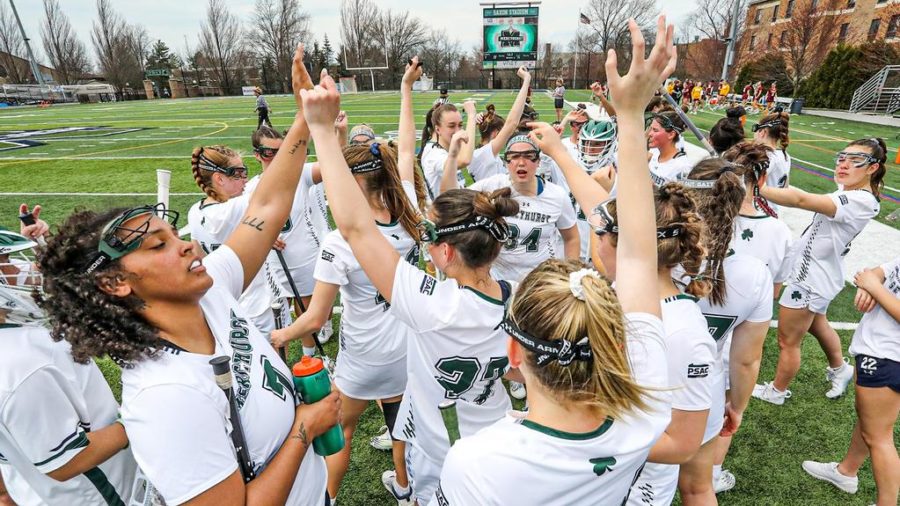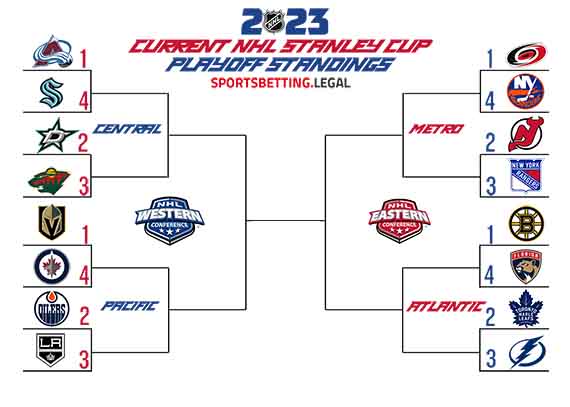March Madness has been upon us for two weeks, and plenty of people have been enjoying their fill of basketball goodness. What I’ve heard from people who watch the sport is that it’s been a crazy collection of upsets and tight finishes. The upsets are very surprising, especially Northern Iowa beating Kansas and Butler beating New York natives’ beloved Syracuse. I think these games are a great example of a bigger issue in the world of sports – the one-game playoff.
Somehow, this version of a championship decider can single-handedly provide us with some of the most exciting and unexpected contests in sports, mainly because the better team doesn’t always win in these games. What’s the problem with that, you say? The problem is that the better team doesn’t always win. I might sound redundantly stupid, and you’d be correct. However, the object of championships, trophies, endorsement deals, exorbitant contracts, chasing money instead of glory and all the other great things about sports is to reward the best players and teams. In a one-game playoff, the best team can lose just as easily as it can stomp the other team into deserved oblivion.
Unfortunately, everyone loves an underdog, and the one-game playoff is where underdogs thrive – take two recent examples. Two weeks ago, Cornell’s women’s hockey team stunned the collective college hockey world by beating our Lakers. Should they have won? Of course not, not against the juggernaut we have at the ‘Hurst. The other example comes on the men’s side of things with RIT beating the second-ranked team in the men’s bracket, Denver. Did RIT play a flawless game? Most certainly. Should they have beaten Denver? No.
Atlantic Hockey is shunned by the other conferences in the NCAA (I’m looking at you, Hockey East and WCHA), and this win gives credence to the AHA. However, in a seven-game series, Denver would win with almost certainty, and Mercyhurst would send Cornell packing as well.
Tons of problems stare in the face of those arguing against the one-game playoff. Logistics in extended series definitely come into play, and some dominant teams are hated because they’re so damn good, which makes fans beg for the underdog victory. In addition, some of the greatest moments in sports history don’t happen without the one-game playoff, including the Miracle on Ice and Super Bowl XLII. I would be very confident in saying the 1980 US Olympic team would not beat the Russians and the Giants would not beat the Patriots in a seven-game series, but that doesn’t de-legitimize the spectacle whatsoever.
I honestly believe that the better-matched team will win in a seven-game series every time. I wouldn’t make the same statement for a one-game playoff. However, it’s here to stay and creates some of the best sporting moments of all time. So enjoy March Madness, where I’ll be rooting for the lowest seed left in the tournament!






